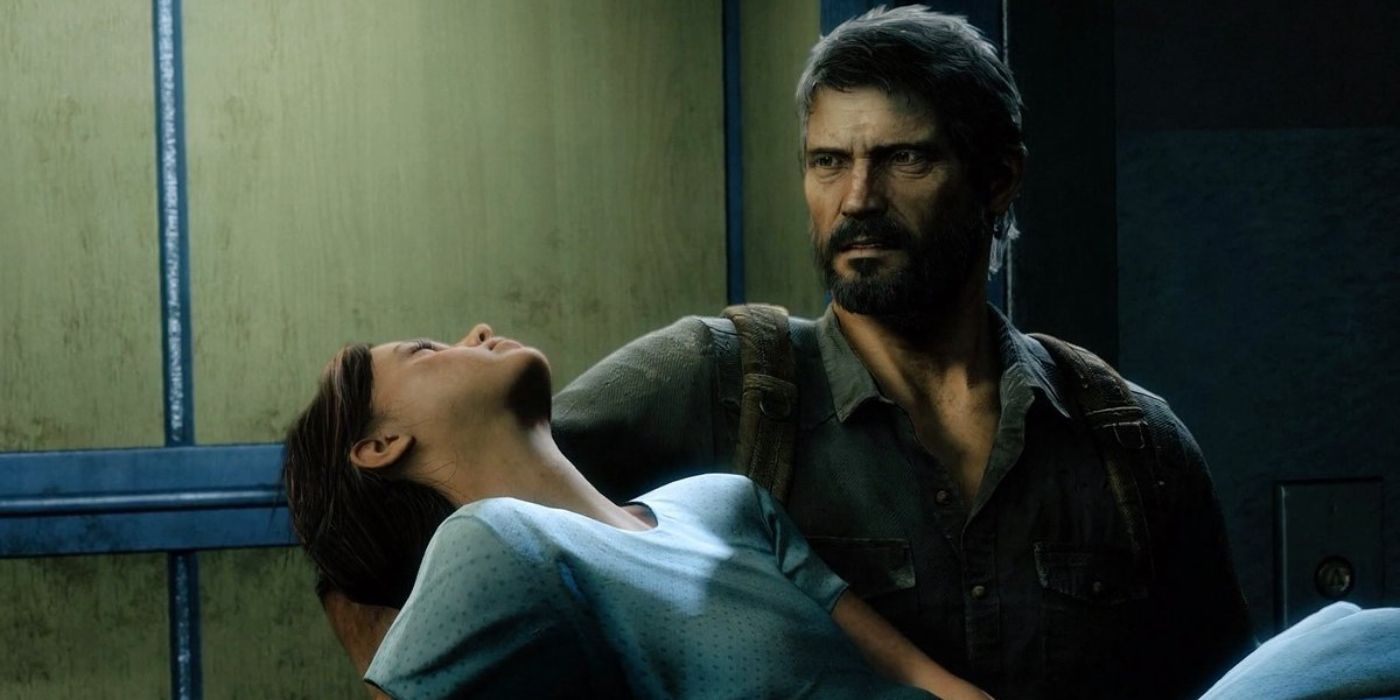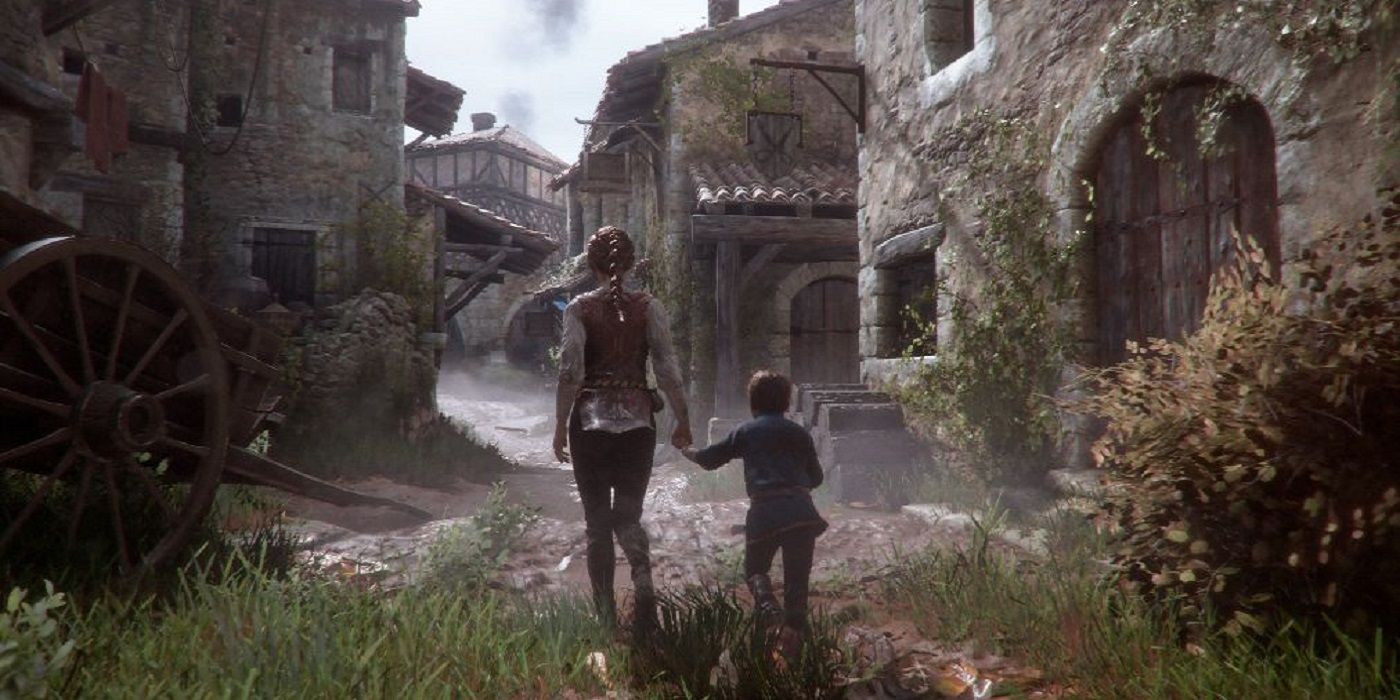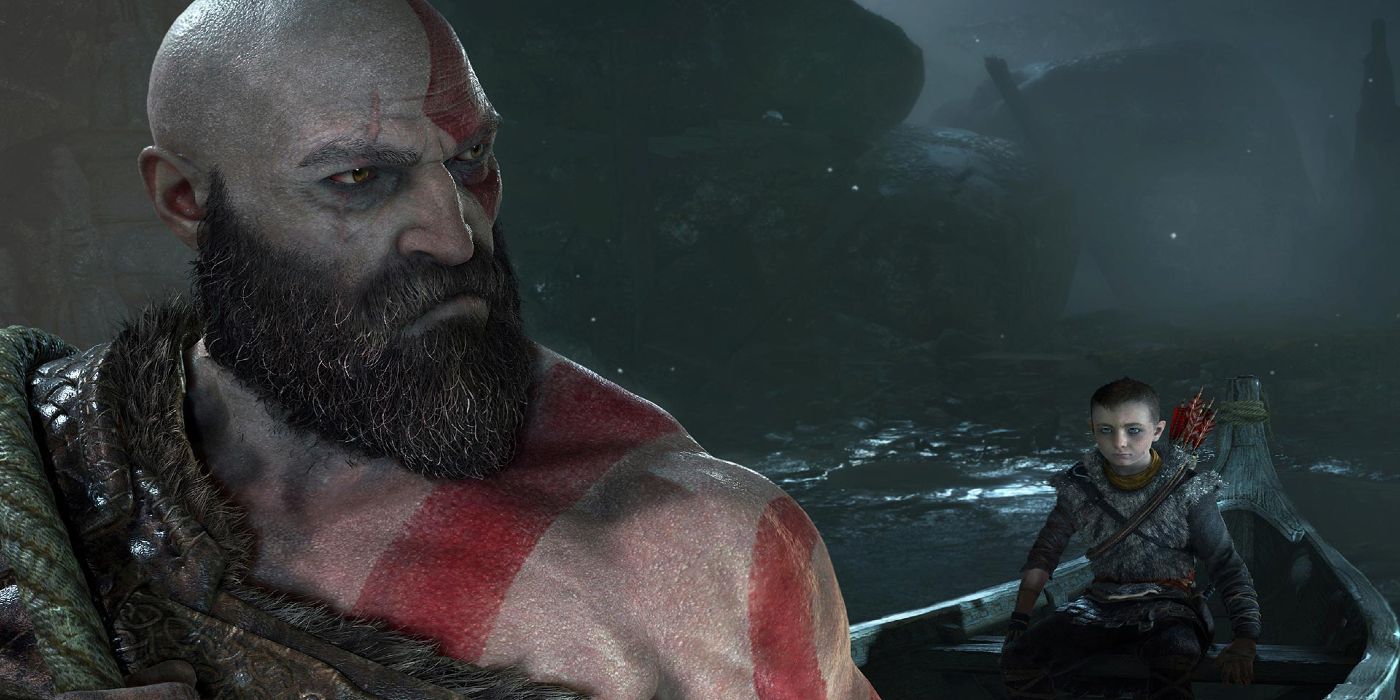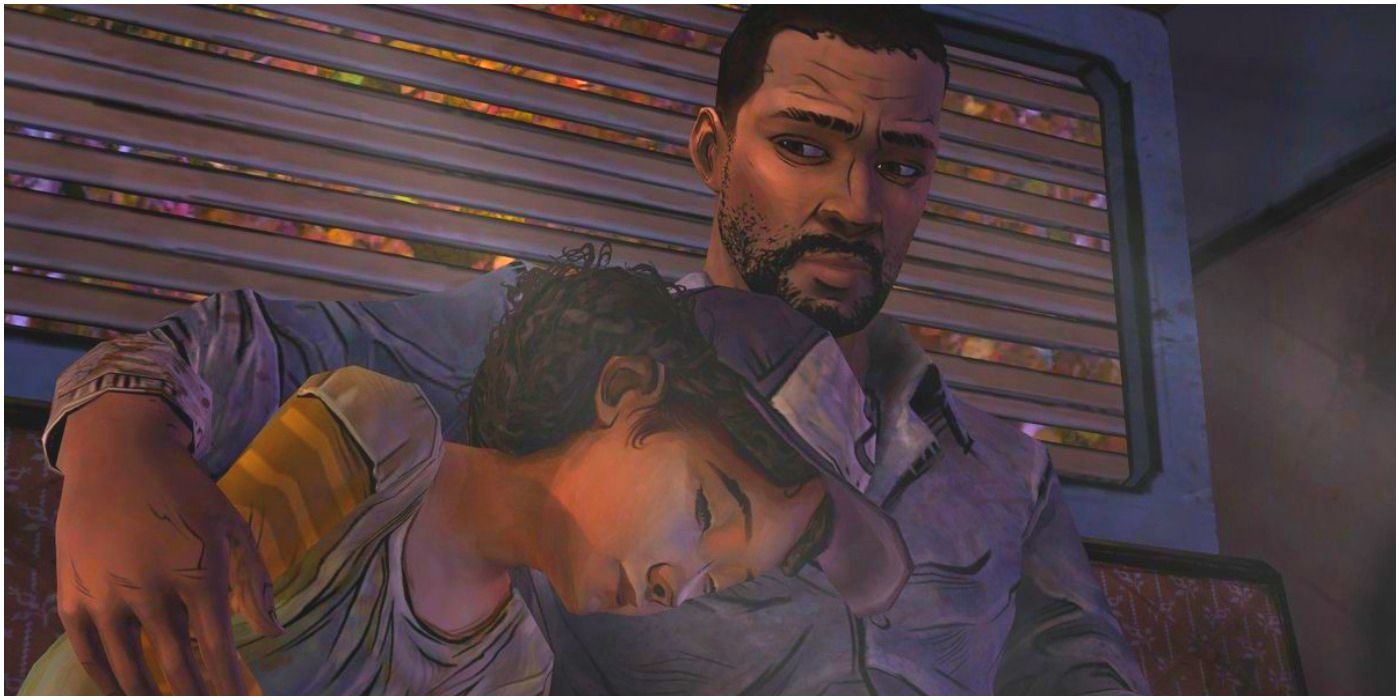
Last year, a MetaCritic user poll asked gamers what they believe is the best game of the 2010s. Unsurprisingly, that game turned out to be 2013's The Last of Us. Although The Last of Us is a PlayStation exclusive game, the MetaCritic poll makes it clear that the game has left a lasting impact that transcends platforms.
Of course, much of the success that The Last of Us has garnered since its release many years ago can be attributed to its heavy focus on a good narrative, well-fleshed-out characters, and balanced gameplay. However, given that a new entry to The Last of Us franchise is probably years away, as The Last of Us 2 was just released in 2019, here are some games that share some elements from the iconic 2013 game that gamers can play right now.
RELATED: The Last of Us' Cordyceps Development Could Be Very Different in TLOU 3

Although developer Naughty Dog is now more popularly known for creating The Last of Us, the Uncharted series helped cement the studio as a PlayStation-exclusive powerhouse. While the Uncharted franchise isn't set in a post-apocalyptic world filled with the infected, it shares many of the elements of The Last of Us, such as its in-depth storytelling, its memorable cast of characters, and challenging gameplay that can be both action-heavy or stealth-oriented, depending on the approach players take.
Additionally, players who enjoyed the beautiful world created by Naughty Dog in The Last of Us would also appreciate the aesthetics of Uncharted, given that it also features the signature Naughty Dog look that the studio is known for. From lush forests to vast mountain ranges, Uncharted is fun and interesting to explore, similar to the locations found in The Last of Us. Of course, one thing that is different between the two games is the atmosphere, given that Uncharted is more cheery and humorous, while The Last of Us is on the dark and serious side.

Like The Last of Us, the Resident Evil franchise features a world filled with infected creatures such as zombies and other monstrosities. Although Resident Evil is not a post-apocalyptic game, it pioneered the survival horror aspect that was greatly improved by The Last of Us. However, it is worth noting that the survival horror approach of Resident Evil and The Last of Us is somewhat different.
For Resident Evil, especially with the first three games in the franchise, survival horror is highlighted with limited resources players can get. While ammo can be collected throughout the map, players would have to choose when to use them, especially when dealing with a difficult boss towards the end of the game. In contrast, The Last of Us' survival horror element shines with the way players approach combat sequences, given that they must choose whether to take down enemies by gunning them down or via a stealthier approach. While resources can be limited, especially in higher-difficulty modes, players will still find ample ammo and health items throughout the game.

One of the most defining features of The Last of Us is its story. While some games focus on action-heavy gameplay, The Last of Us uses its in-depth storytelling to keep players' attention. Similarly, Asobo Studio's A Plague Tale: Innocence features a heavy narrative that keeps the player engaged. For the uninitiated, A Plague Tale: Innocence is set in a historically-inspired France and revolves around a brother and sister named Hugo and Amicia, who must rely on each other to survive the trials and tribulations of 1249 France.
One thing that The Last of Us and A Plague Tale: Innocence have in common is the notion that the odds of survival for the characters aren't that great. However, similar to The Last of Us, the narrative of A Plague Tale: Innocence isn't hopeless, especially since Amicia and Hugo's love and trust in one another aid them in their journey of survival and helped them deal with extreme trauma.
RELATED: The Last of Us 2 DLC With Tommy Has Obvious Potential

It is no secret that God of War 2018 is a very different game than its predecessors. While the franchise is mostly known for its hack and slash gameplay, 2018's God of War took a different approach by focusing on story and character growth. In God of War, the story revolves around father and son Kratos and Atreus. Although Joel and Ellie aren't biologically related, the game focused on their close relationship and gave players a glimpse into how they changed over the years.
Of course, gameplay-wise, The Last of Us and God of War are very different, especially since the latter focuses on action-heavy combat sequences. However, similar to The Last of Us, God of War shows how a parent will do everything to protect their child in a tough world, even if it means withholding important secrets from them. God of War also has great character arcs and a huge twist that will surprise players as they reach the game's conclusion.

At face value, The Last of Us and Telltale's The Walking Dead share many similarities. Both are set in a post-apocalyptic world ravaged by a deadly infection, and both feature well-fleshed-out characters and heavy narratives. However, one key difference between the two games is that Telltale's The Walking Dead allows players to dictate the direction the story will go, while The Last of Us does not. Still, this difference doesn't take away the common theme they share: the importance of choices and the consequences that follow.
Players are presented with choices in Telltale's The Walking Dead that dictate the tone of the dialogue with other characters and how those characters will perceive the player, as well as the overall direction of the plot. Whatever choice the player makes will have consequences, which can be good or bad, and ultimately decide who lives and dies. Although The Last of Us takes no input from the player in terms of the direction of the story, it still shows them the consequences of the decisions that characters make and how those choices impact the world and other characters in the game.
MORE: The Last of Us 3: Where Abby and Lev's Story Should Go Next

